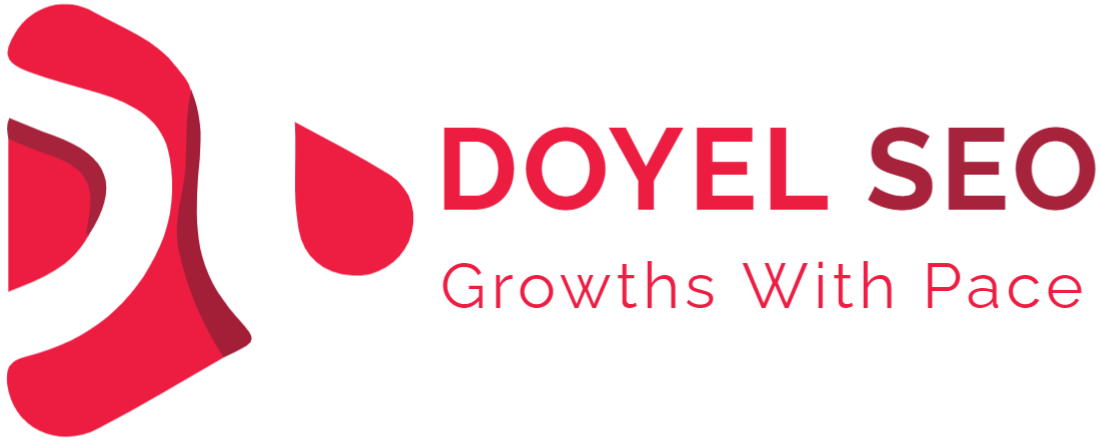Search Engine Optimization (SEO) refers to the practice of optimizing a website or online content to improve its visibility and ranking in web results pages (SERPs). The goal of SEO is to increase organic (non-paid) traffic to a website by making it more relevant and appealing to search engines like Google, Bing, and Yahoo.![Search Engine Optimization (SEO) Best 10 Things Search Engine Optimization [SEO]](https://blogger.googleusercontent.com/img/b/R29vZ2xl/AVvXsEhx3UOMRI2pgoKAGjMyzH3MH85DgxYy1TfG1dVq1UxsVif6dufaejg_U36GtkjWjmJWQ7eyiqgUGSp7xsk2tjnTJDoDYllXU1U0MPFfbbUu3-5wH5j63MBi1XkvB6EEf6Vkr9DxwiKV6gLfZbd-AAkEbBxuCFSC75e2nCcl87R-qnMLJa2I9fNFSKHOaK32/w640-h216-rw/search-engine-optimization-seo-best-10-things.webp)
SEO involves a combination of technical, on-page, and off-page strategies aimed at enhancing a website's overall quality and authority in the eyes of search engines. Here are some key aspects of SEO:
Best 10 Things Will Make More Visitors
Keyword Research: Identifying relevant keywords and phrases that users are likely to use when searching for information related to your content. Keyword research helps in understanding user intent and tailoring your content accordingly.
On-Page Optimization: Optimizing individual web pages to improve their relevance to specific keywords. This includes optimizing title tags, meta descriptions, headers, content, images, and URLs.
Technical SEO: Ensuring that your website is accessible and properly understood by search engine crawlers. This involves improving site speed, fixing broken links, optimizing site structure, using schema markup, and ensuring mobile-friendliness.
Content Creation: Developing high-quality, informative, and engaging content that provides value to users. Content should be well-structured, and relevant, and incorporate target keywords naturally.
Backlink Building: Acquiring high-quality backlinks from reputable and relevant websites. Backlinks are considered a vote of confidence and can positively influence a site's authority and rankings.
User Experience (UX): Creating a seamless and positive user experience on your webpage, including easy navigation, fast loading times, and mobile responsiveness.
Local SEO: Optimizing your webpage to appear in local search results, is especially important for businesses with a physical presence. This includes setting up and optimizing Google My Business listings.
Analytics and Monitoring: Tracking and analyzing website traffic, user behavior, and keyword rankings to assess the effectiveness of your Search Engine Optimization efforts. Tools like Google Analytics and Google Search Console are commonly used for this purpose.
Algorithm Updates: Staying up-to-date with search engine algorithm changes and adapting your SEO strategies accordingly. Search engines frequently update their algorithms to improve web results and combat spammy tactics.
White Hat vs. Black Hat SEO: White hat S E O refers to ethical and legitimate optimization techniques that adhere to search engine guidelines, while black hat S E O involves using manipulative tactics that can lead to penalties and a drop in rankings.
It's important to note that S-earch E-ngine O-ptimization is an ongoing process that requires consistent effort and monitoring. While it may take time to see significant results, implementing effective SEO strategies can lead to improved organic visibility, increased website traffic, and potentially higher conversions and revenue.


